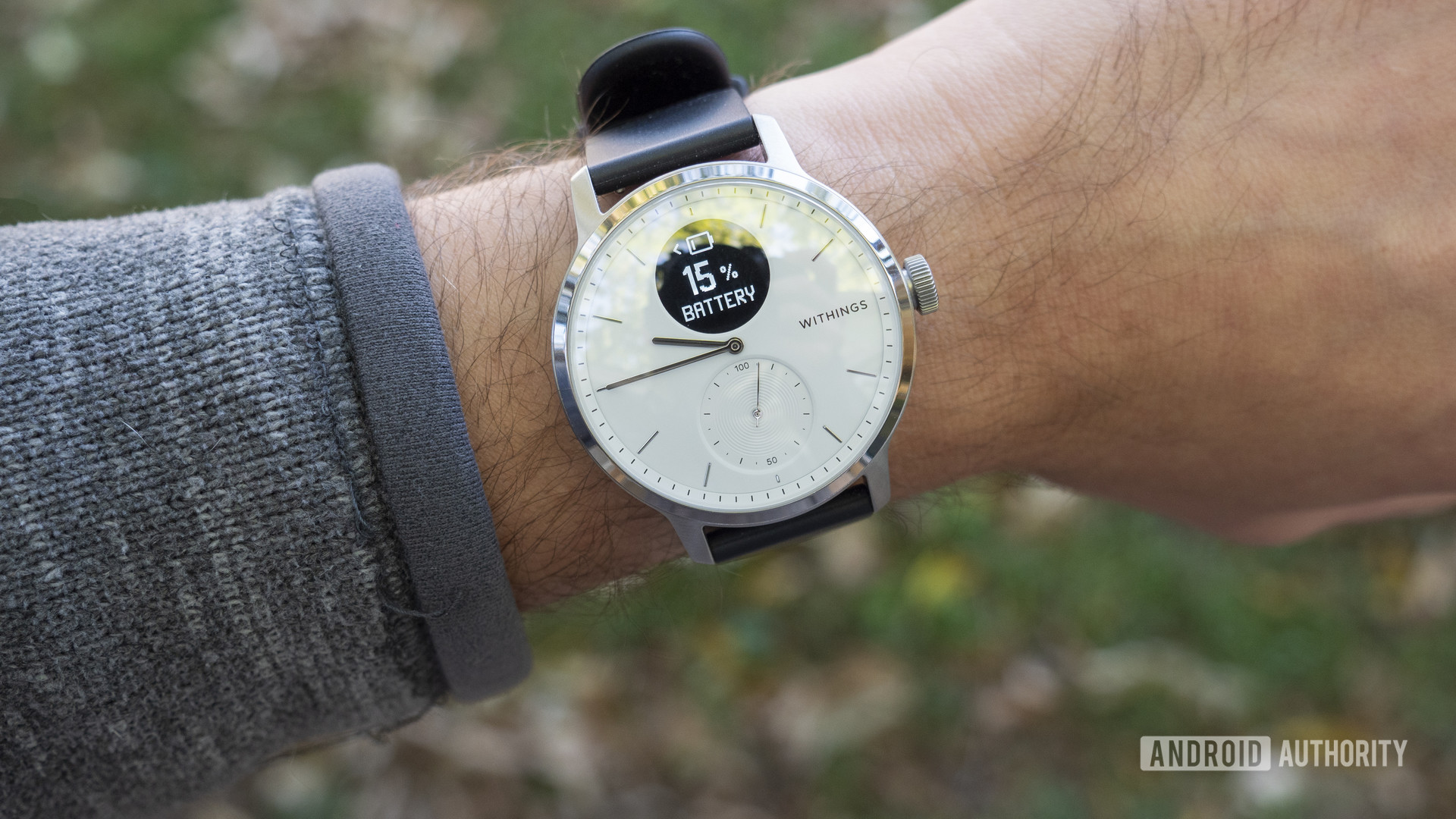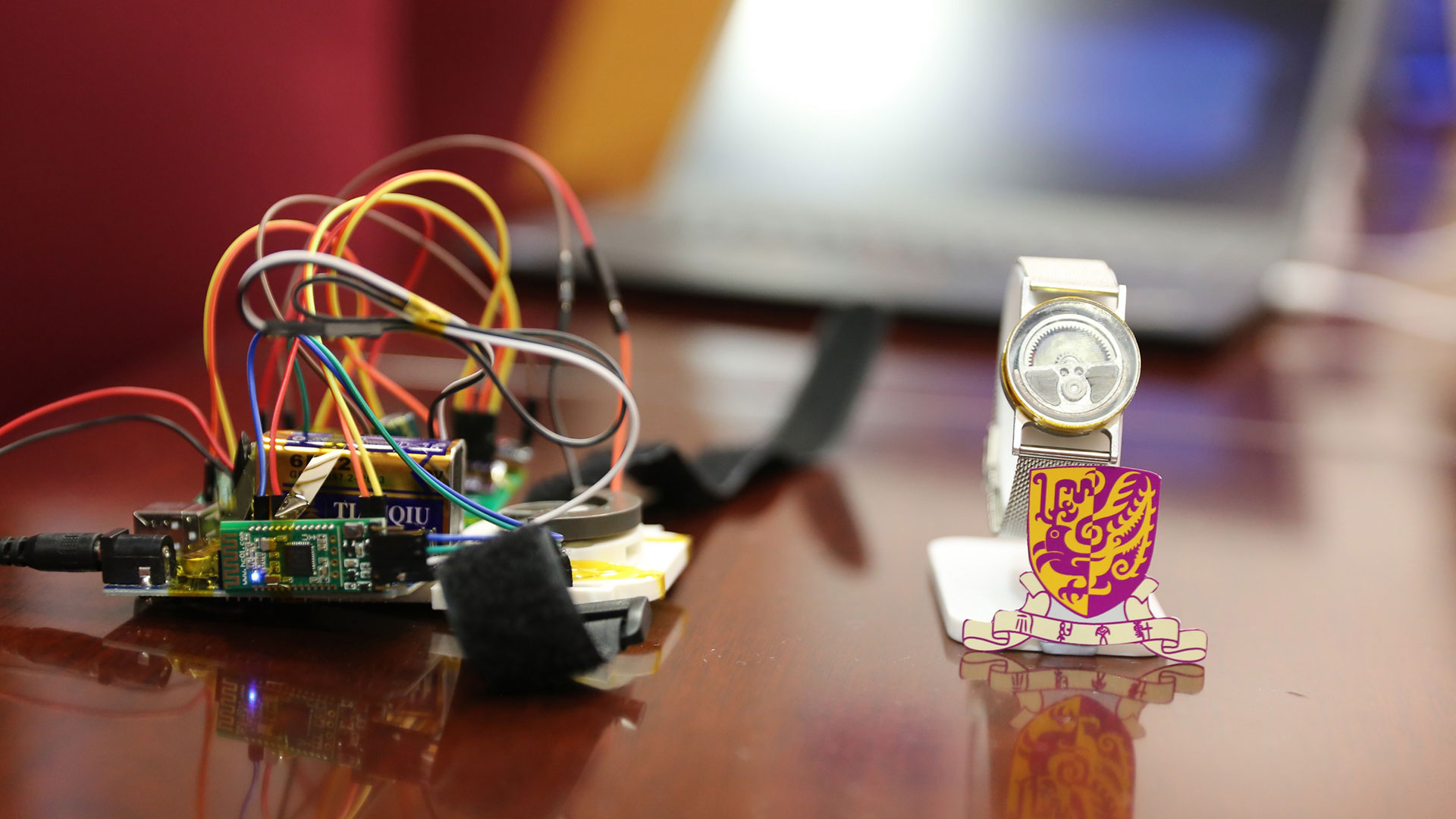Affiliate links on Android Authority may earn us a commission. Learn more.
Future smartwatches might be powered by your movement

- Researchers have developed technology that keeps smartwatches powered by your movement.
- It could be vital for watches that track your health around the clock.
- It may take a while before you can put a device on your wrist.
You can keep an automatic mechanical watch running just by moving around, but you don’t have that luxury with smartwatches — at some point, you have to take them off to recharge the battery. That may not be an issue in the future, however. As the South China Morning Post reports, researchers at the Chinese University of Hong Kong have developed technology (pictured below) that would keep smartwatches powered by human movement.
The breakthrough revolves around an energy harvester with a magnetic frequency converter that amplifies the output by “ten times” to 1.74mW. Swing your arm and you could have enough power from that movement to drive a smartwatch display, processor and health tracking features like a heart rate sensor. The amount of power would depend on your activity (a workout would be far better than sitting at your desk), but you might never need to take the watch off your wrist if it’s efficient enough.
You wouldn’t have to compromise on size, either. The entire harvester is about 0.3 square inches.
See also: The best fitness trackers
The human movement-powered smartwatch could have more advantages beyond convenience. It could help the environment by reducing or eliminating the need for batteries. The harvester is also simpler and more affordable than in conventional smartwatches. And unlike a mechanical watch, there are no gears to add friction or break down.
It could be a while before you strap on wristwear like this. Scientists said they hoped to bring the tech to market, but didn’t estimate when that might happen. Still, there could come a moment when your smartwatch has an effectively infinite runtime. So long as there’s a reasonable amount of movement, you could track your sleep and other health habits without a single interruption.
